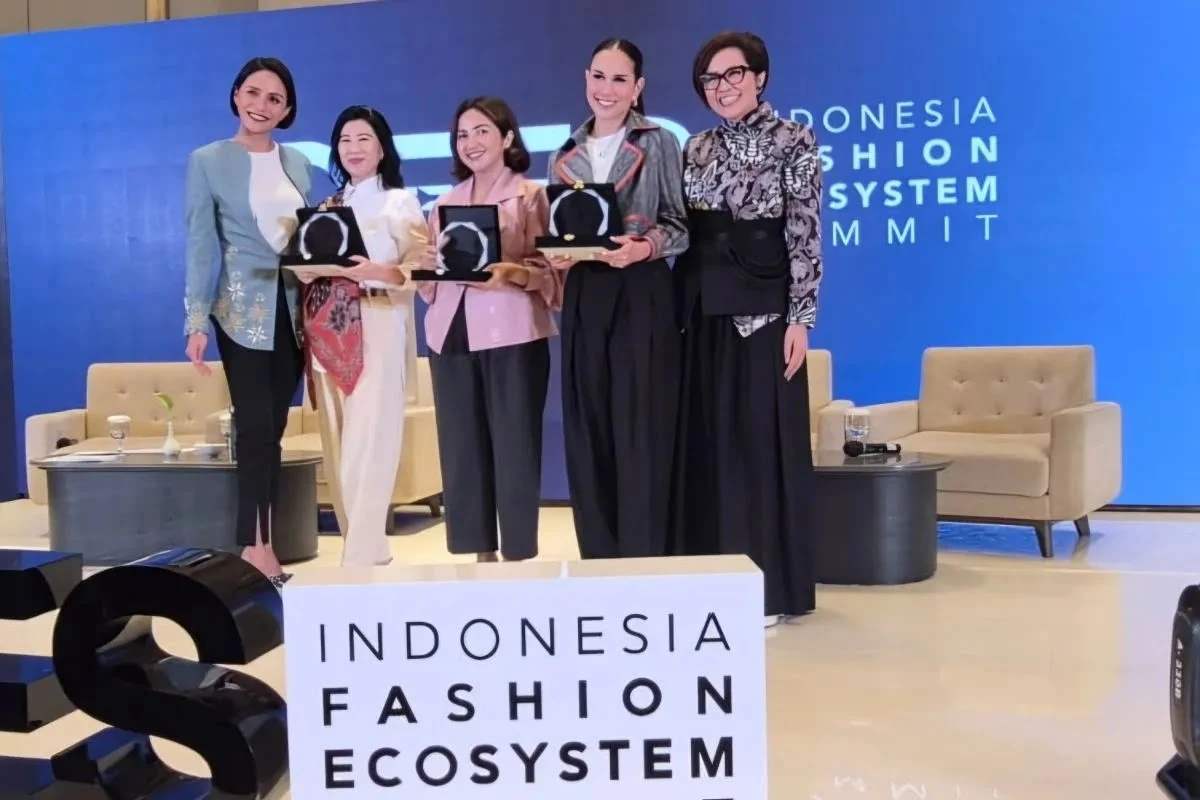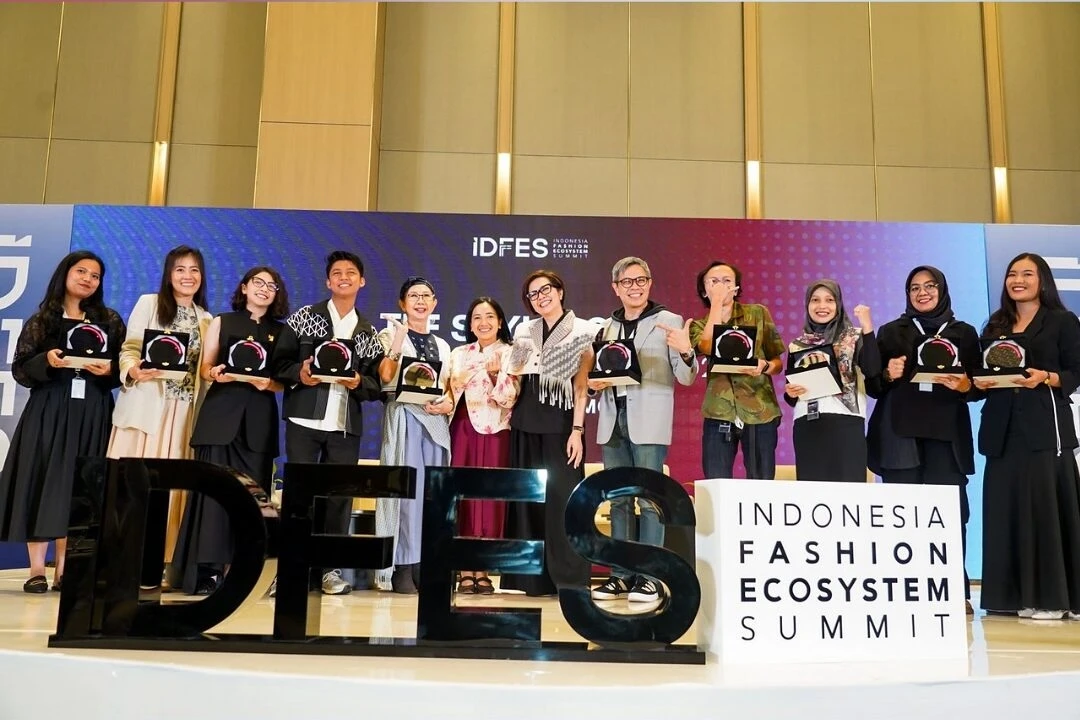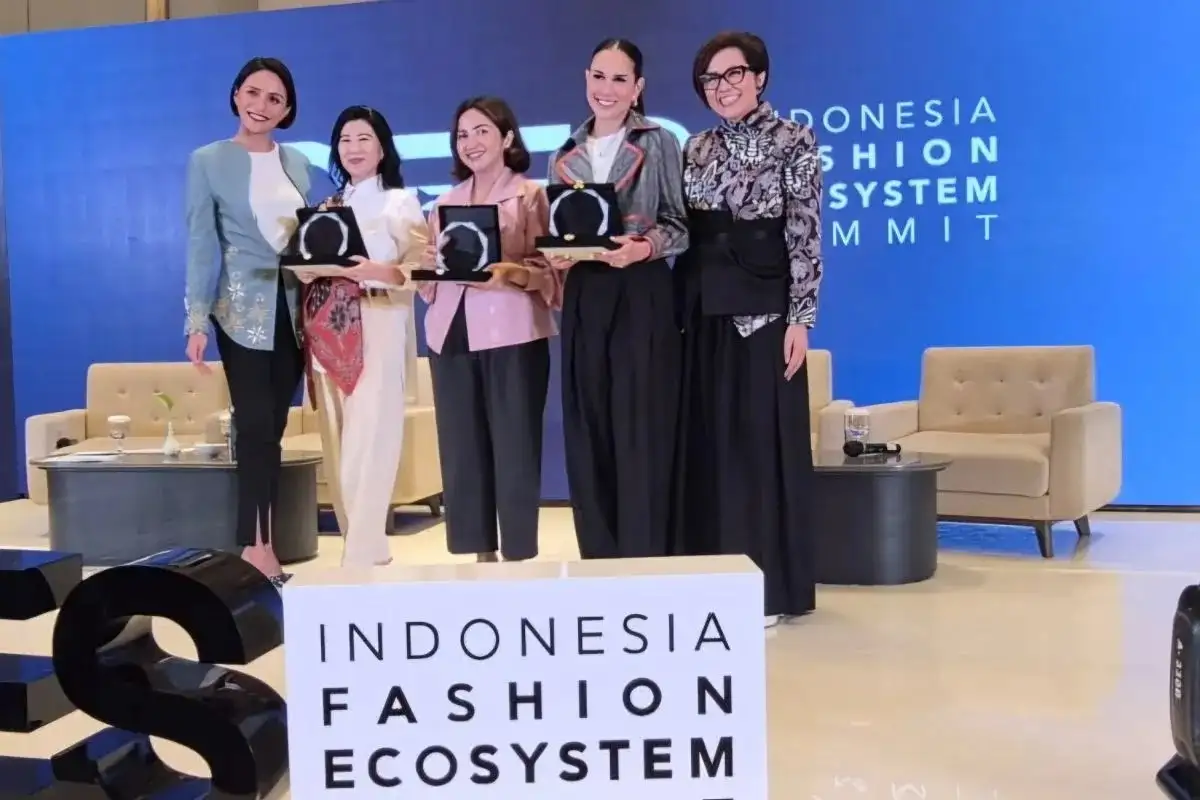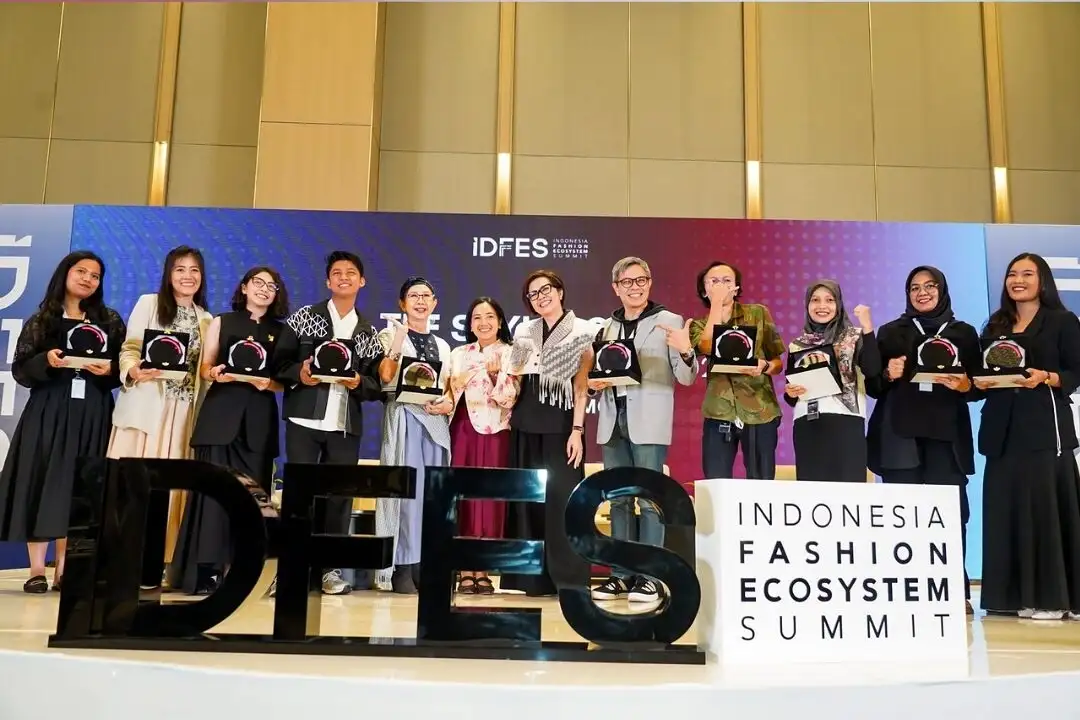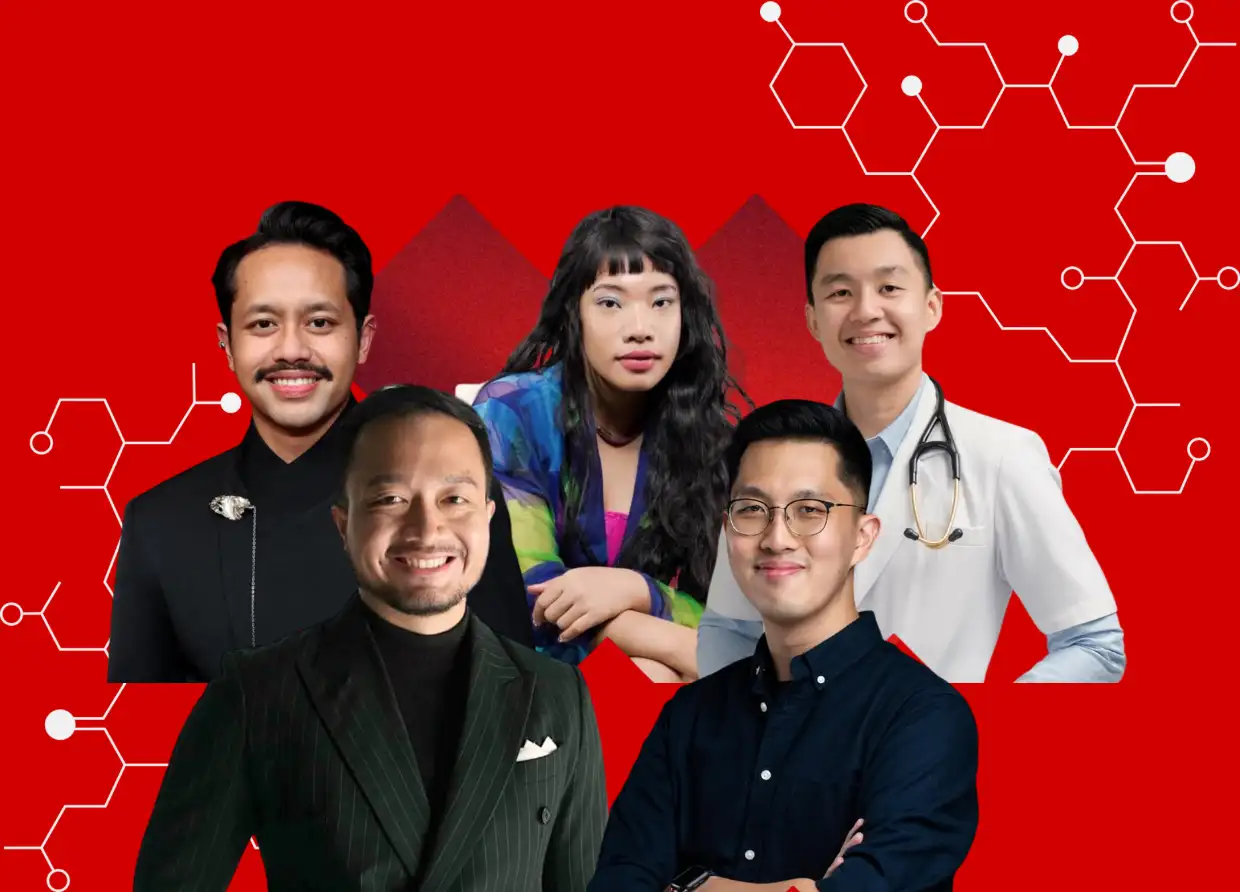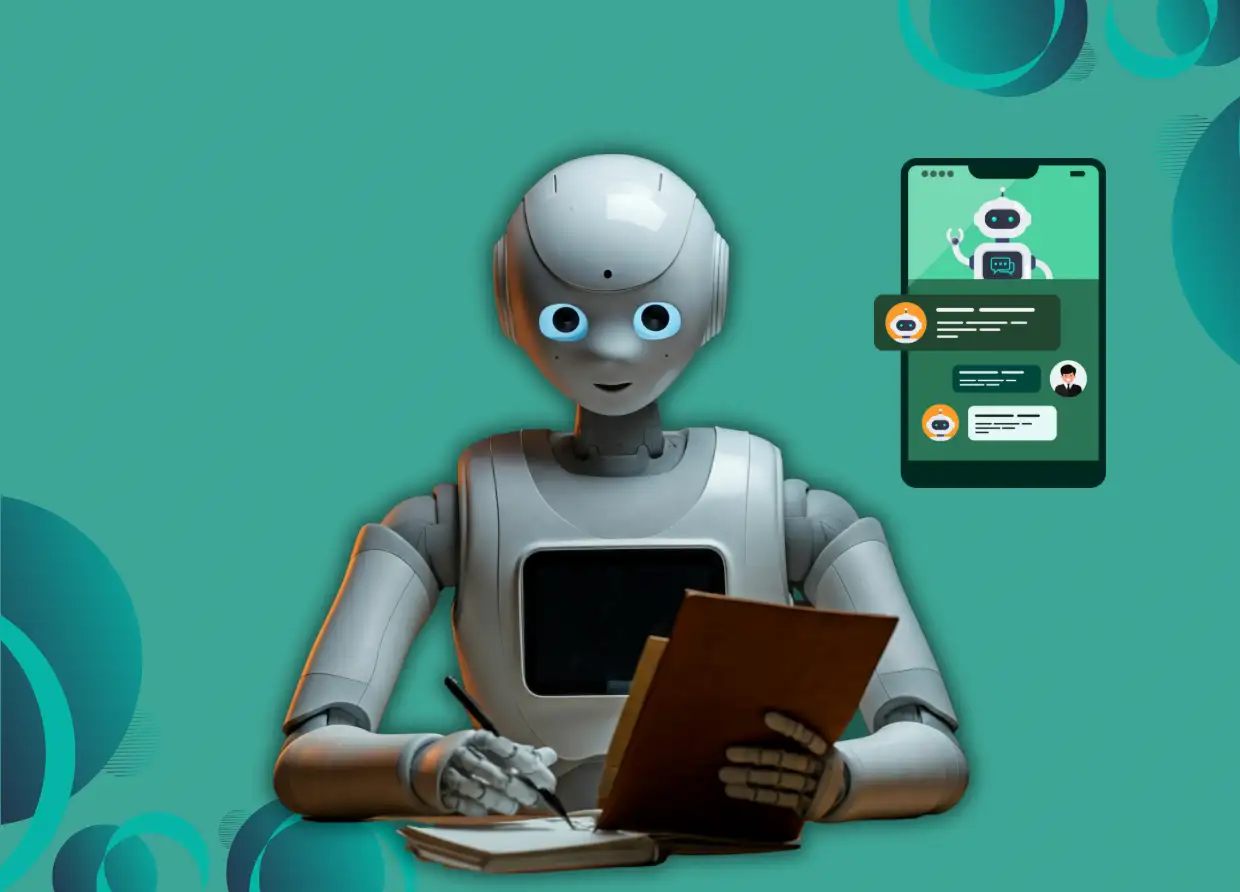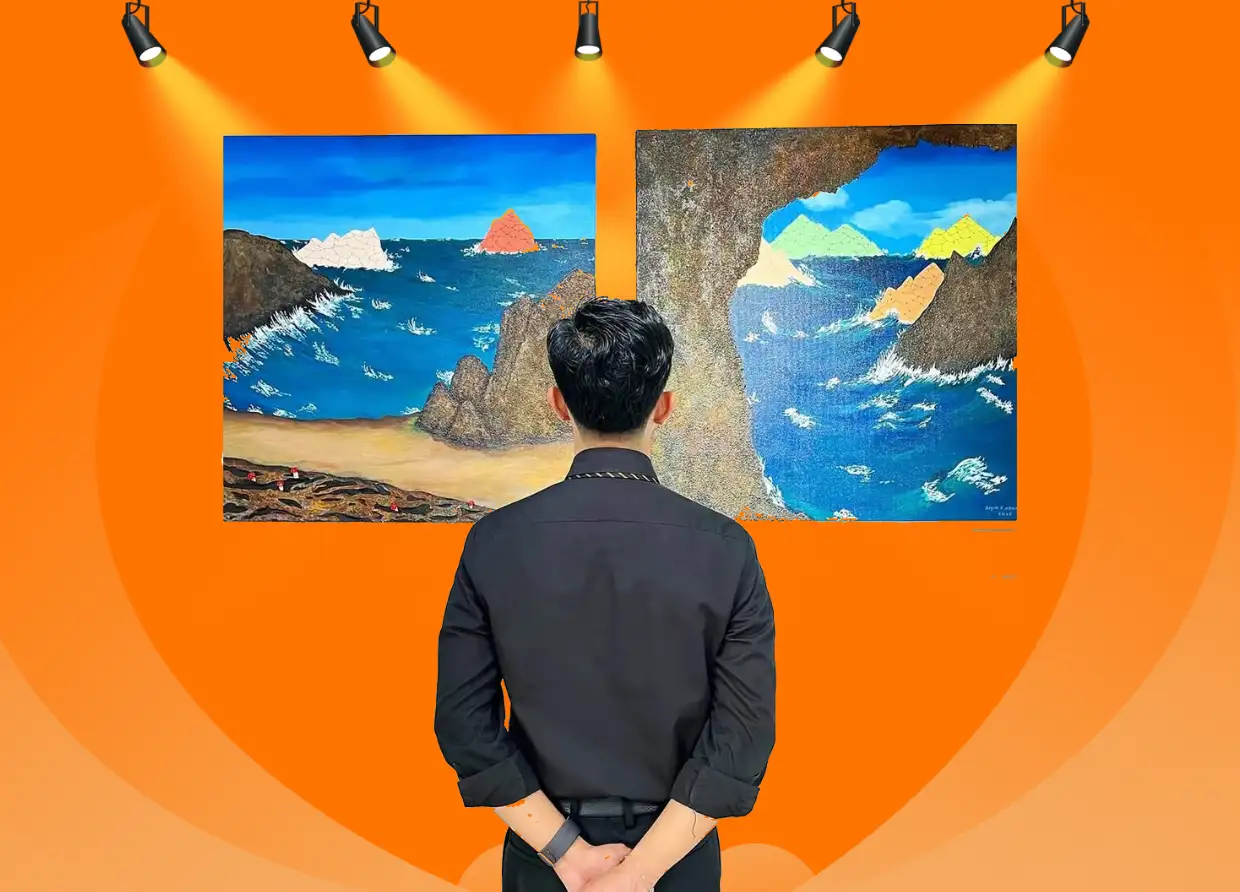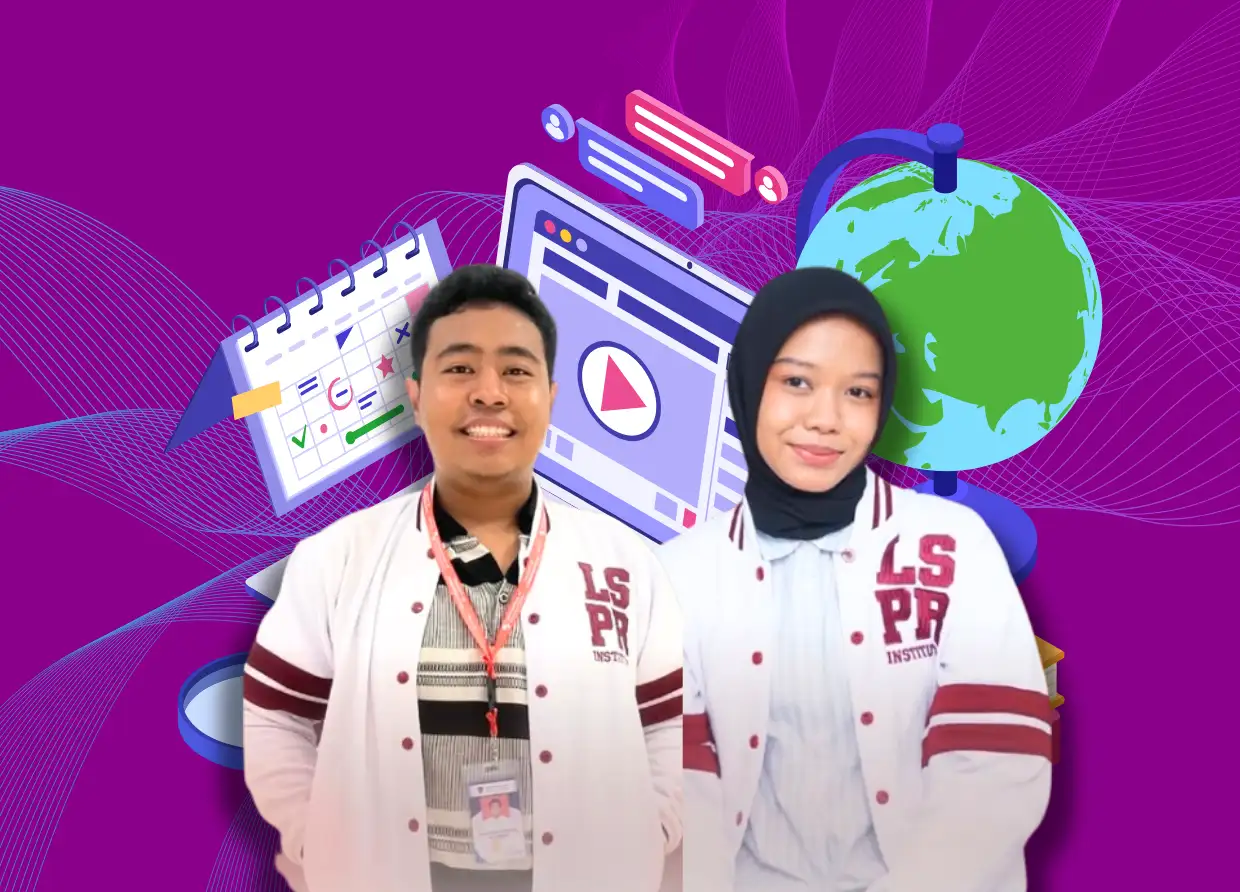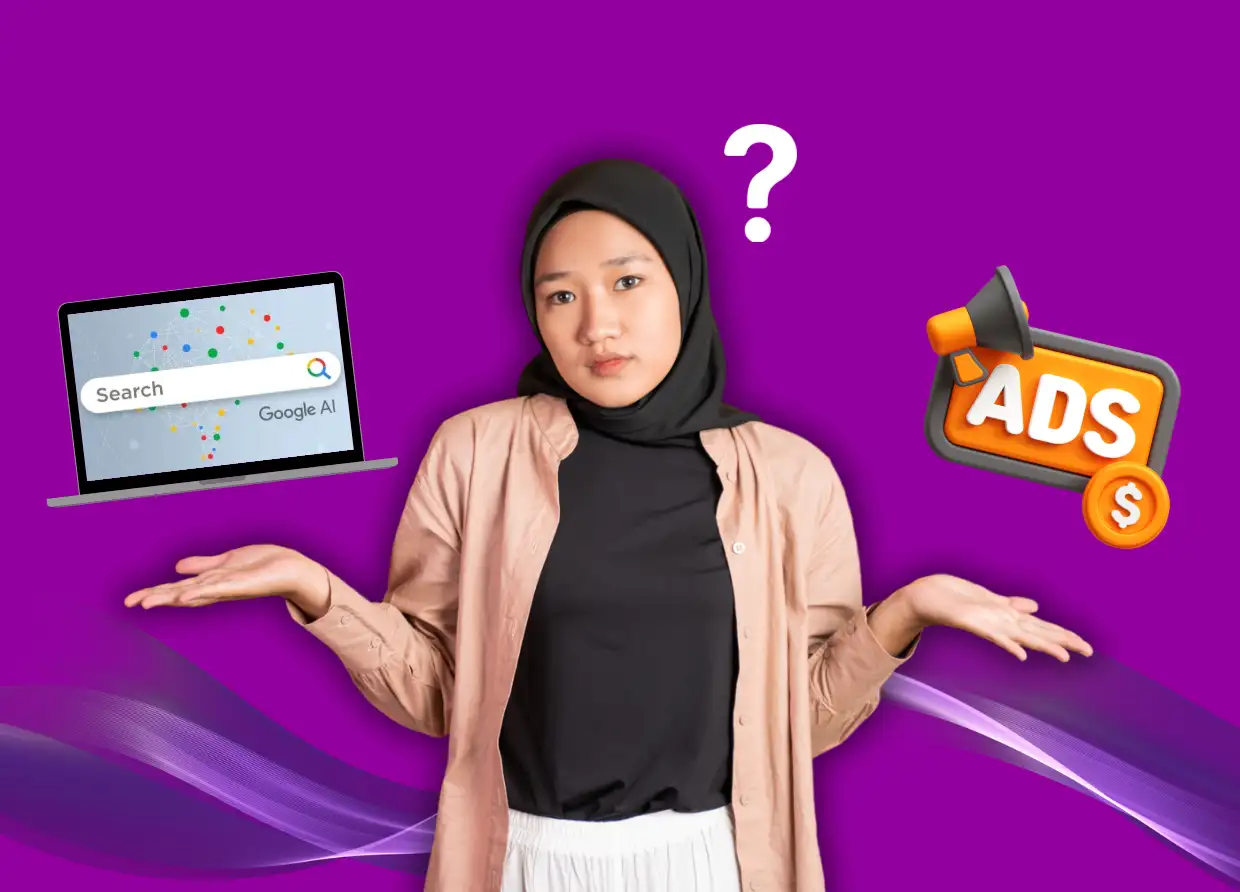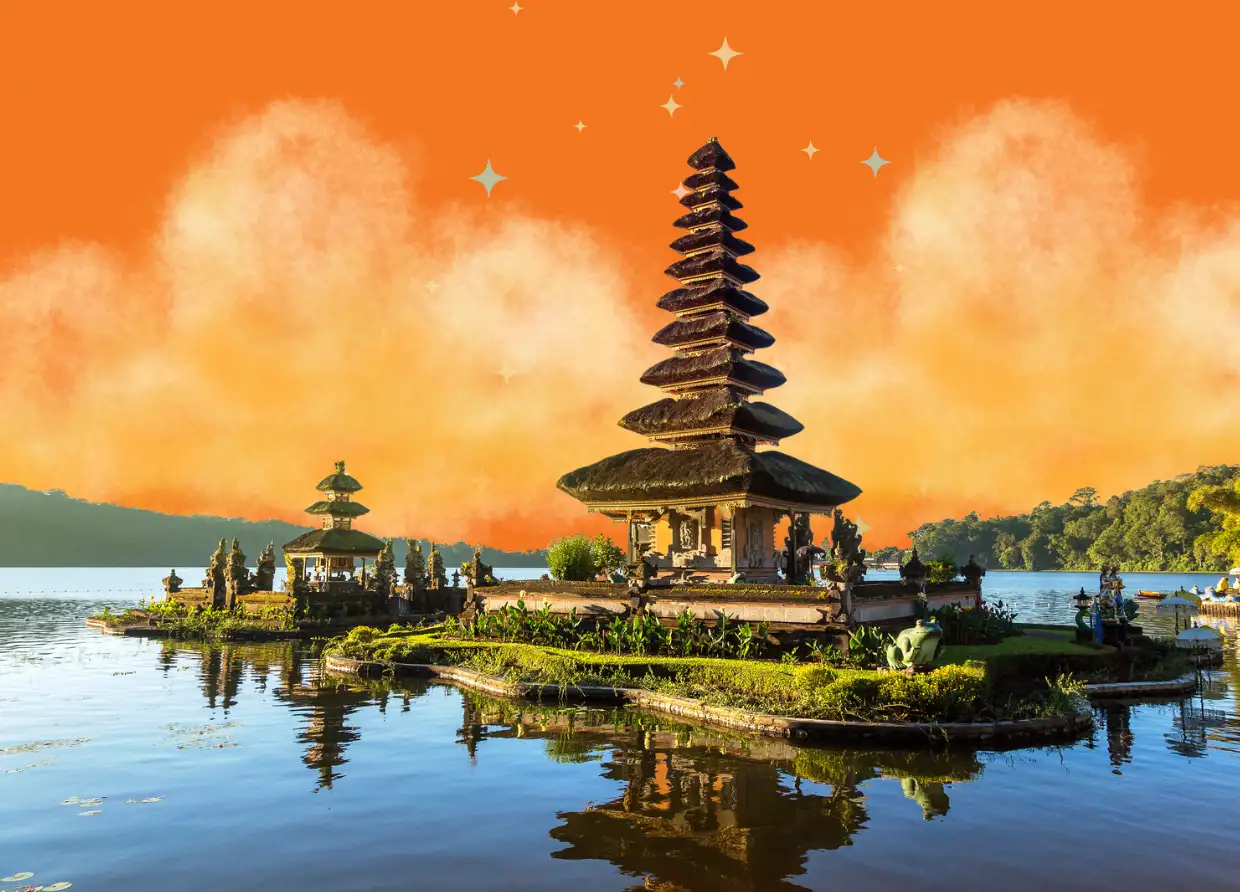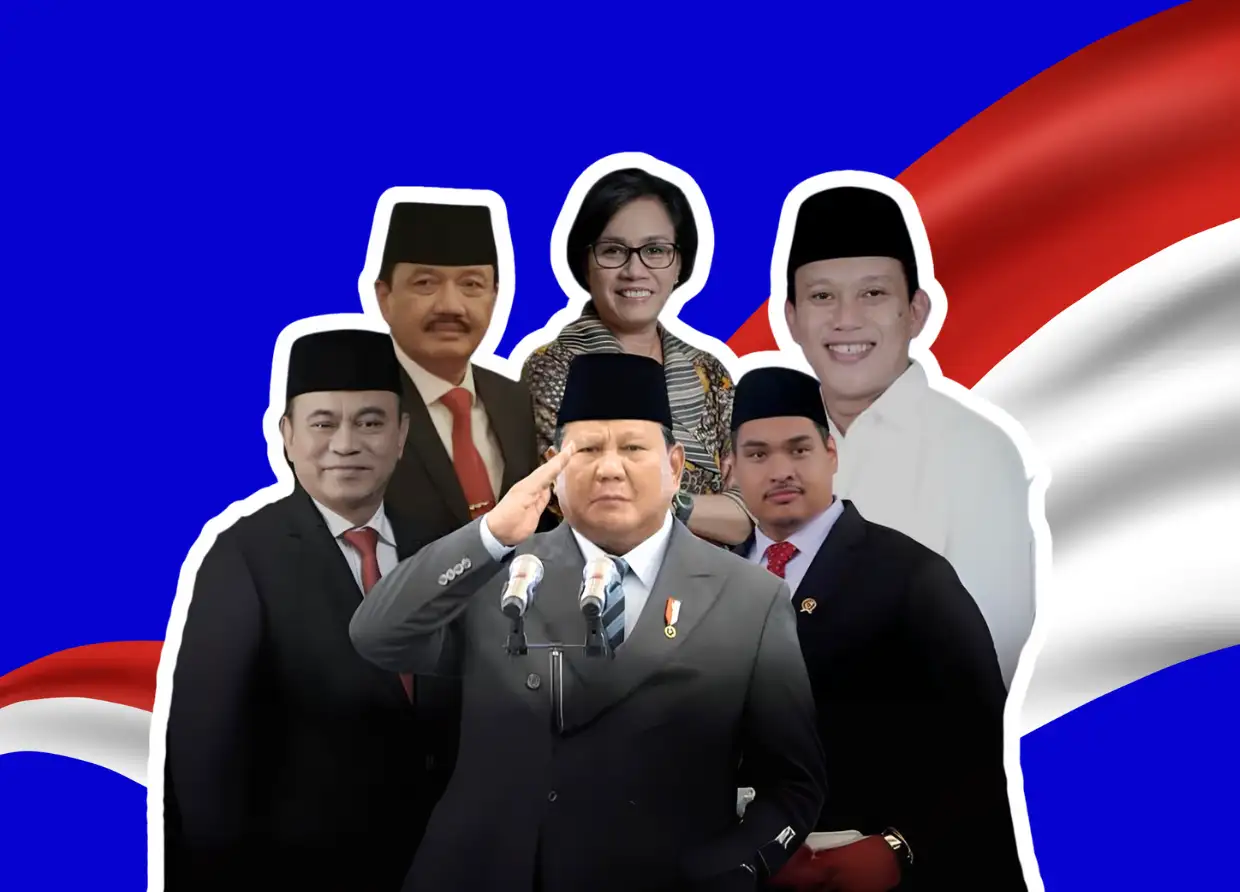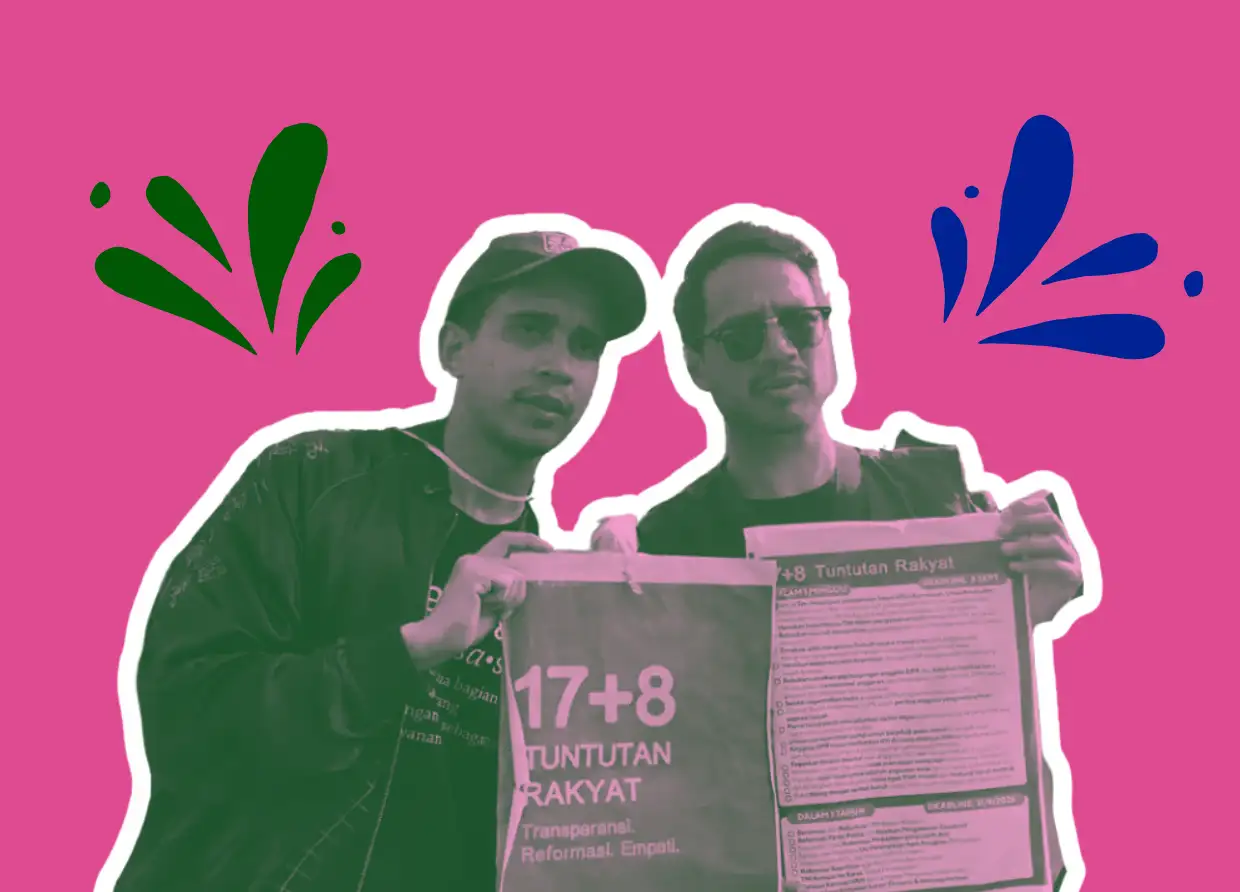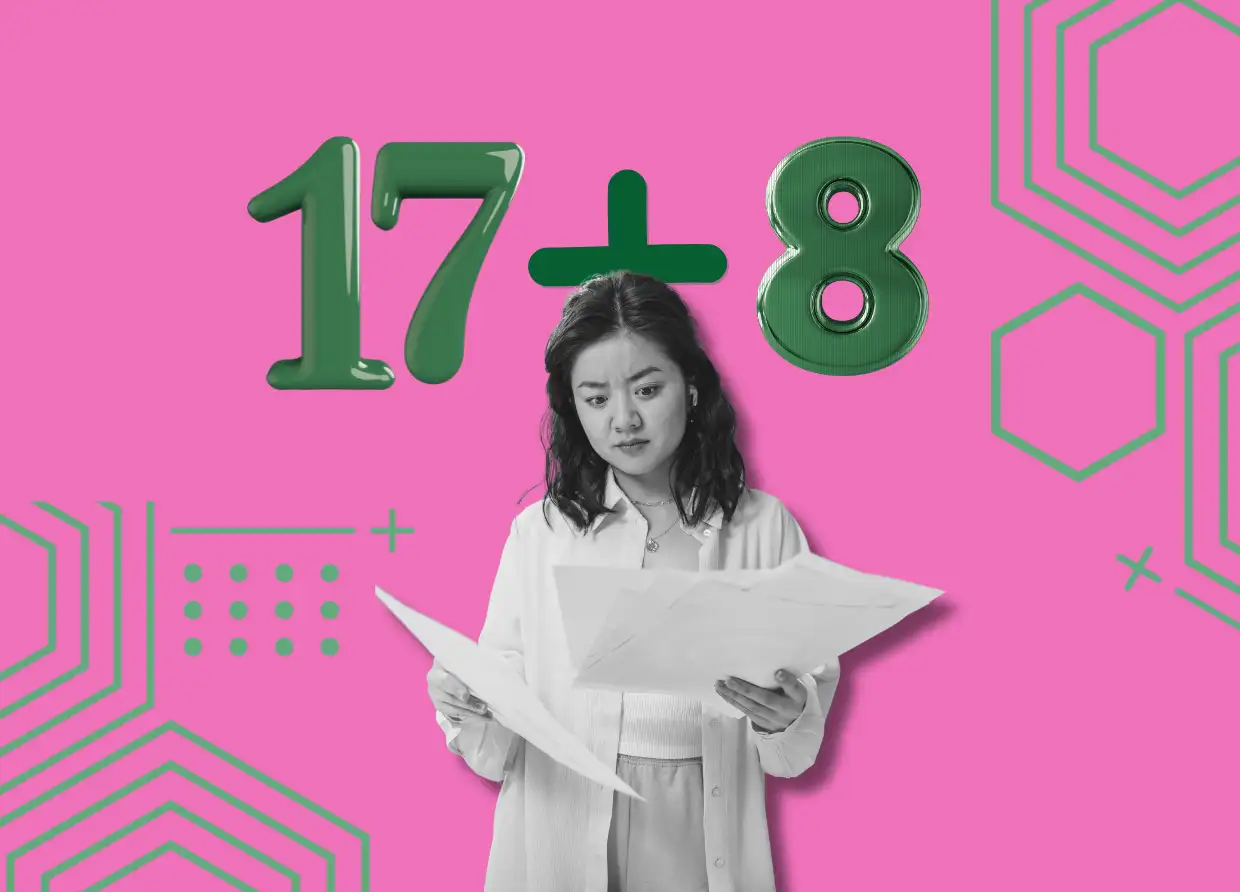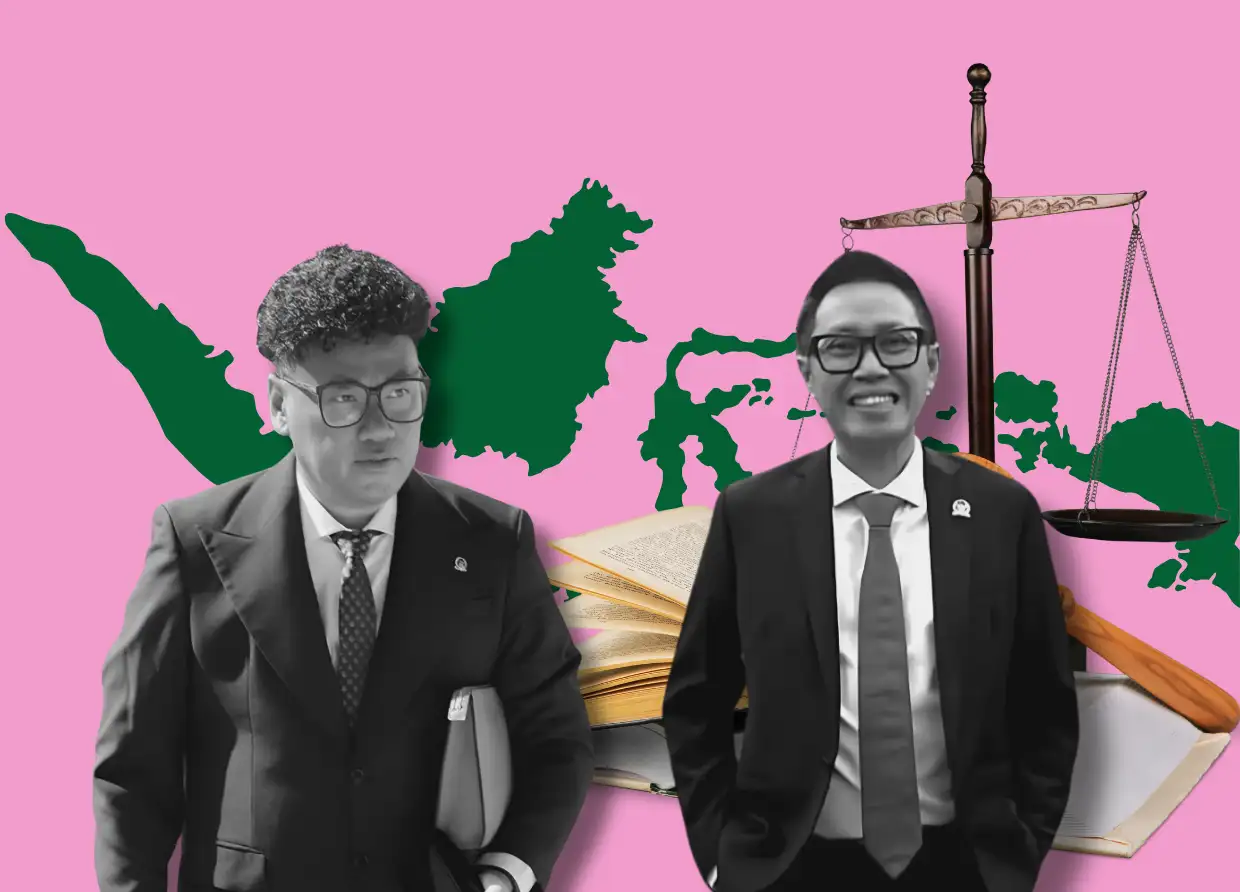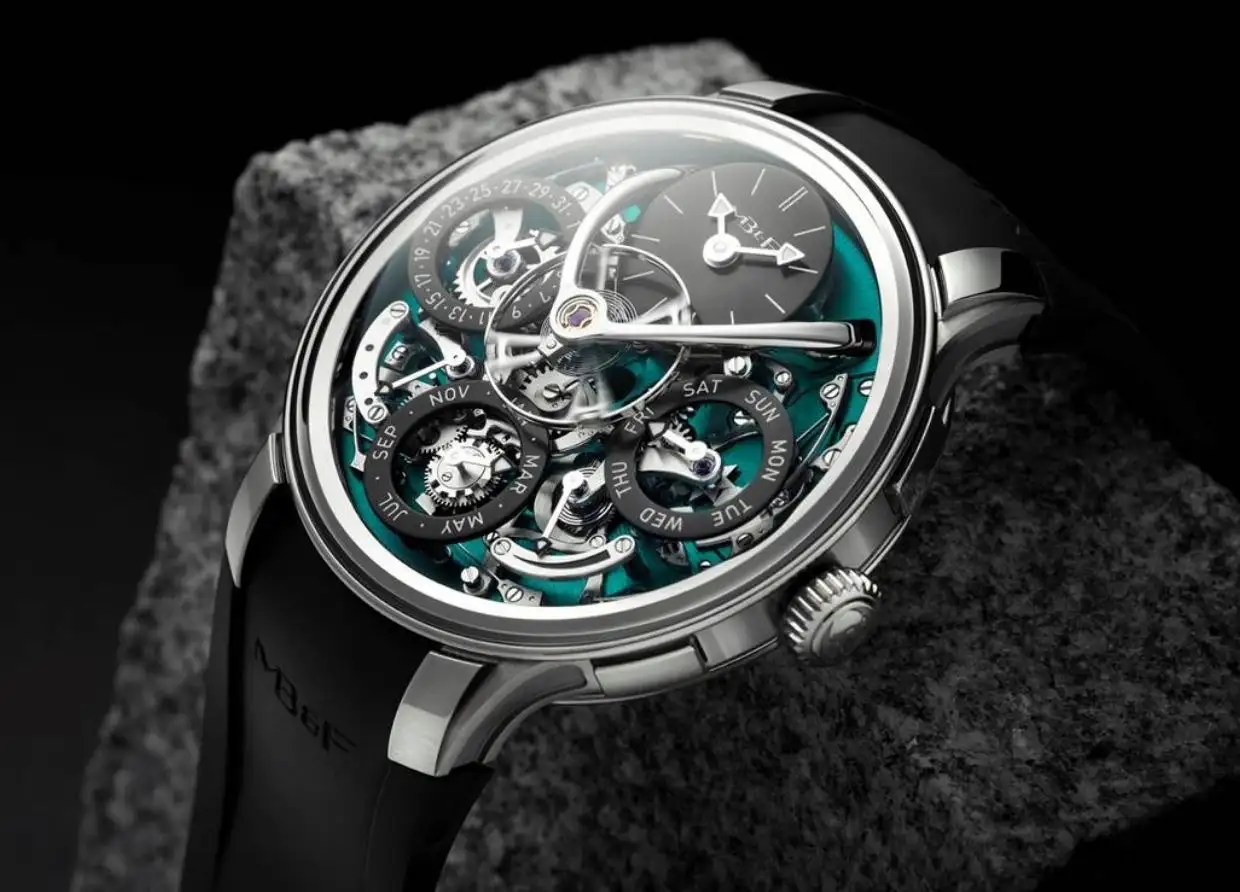AUSTRALIA-INDONESIA PARTNERSHIP LAUNCHES PLASTIC INNOVATION HUB TO REDUCE PLASTIC WASTE
Plastic waste is a global issue. Thankfully, Australia and Indonesia now partner up to address the issue and eliminate ocean pollution within the Indo-Pacific region.
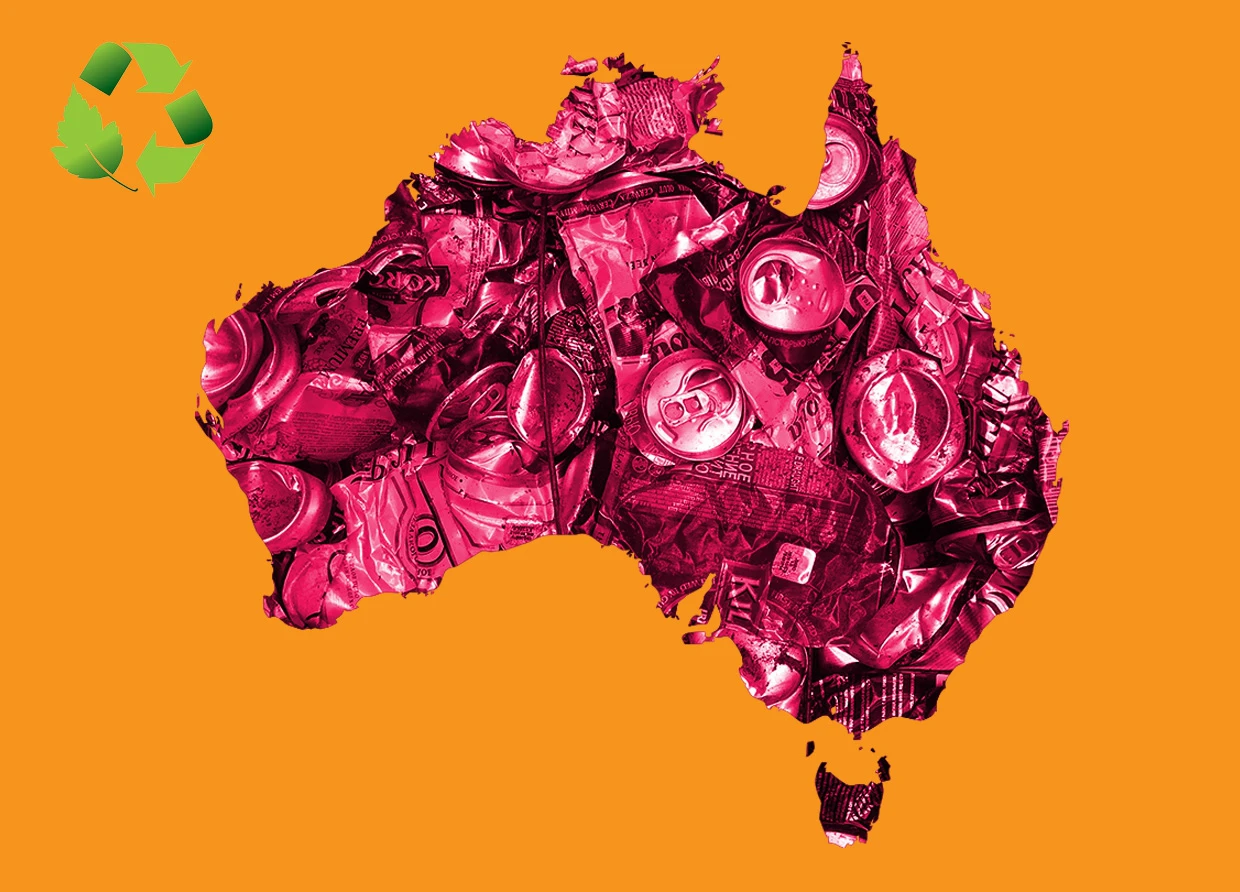
Indonesia’s Ministry of Education, Culture, Research and Technology (Kemenristek) and Australia’s national science agency, the Commonwealth Scientific and Industrial Research Organisation (CSIRO) are joining together to launch the Plastics Innovation Hub Indonesia (the Hub).
The partnership, in collaboration with the Indonesia National Plastic Action Partnership (NPAP), aims to achieve?systemic change, specifically to manage and eliminate plastic waste which has been a global issue within the Indo-Pacific region. This partnership also includes compiling investors, researchers, and significant stakeholders.
More on the partnership
First initiated by CSIRO, On 1 March, the partnership worth US$ 940,790 (Rp 13B) was launched. Within the Indo-Pacific region, it is estimated that there are between five to ten billion pieces of plastic on the coastline.
CSIRO Chief Executive Dr. Larry Marshall said that ocean pollution is a global challenge, but is something Australia can assist with. The organization aims to turn into both an economic and environmental benefit through an innovative and collaborative approach.
"Science can turn this environmental challenge into an economic opportunity by changing the way we behave, and how we make, use, recycle or dispose of plastics, but it will take partnerships across research, business, investors, government and the community to turn the best ideas into real-world solutions," Dr. Marshall said.
By 2030, the project targets to scale back plastic by 80 percent with new technological innovation built around the ocean.
"The Ending Plastic Waste Mission will bring together the whole innovation system, to turn science into solutions that will benefit the environment and create economic opportunities for Australia and the globe," Dr. Marshall said.
"By working together, by aligning our efforts, and by pushing each other further for a common cause, we can tackle seemingly impossible challenges – like protecting our environment while making sustainability profitable for business. And we can achieve it faster."
Strategies of the Hub
There are three challenge statements of the Hub which include reduce or substitute, redesign, and across the lifecycle stages. In the first stage, the Hub aims to reduce plastic by creating sustainable alternatives which outperform existing plastic itself.
The second stage is where the Hub program focuses on designing and delivering deep-tech solutions in emerging or under-resourced domains. It will support the current deep-tech research that will be placed around the oceans of Indonesia.
The third stage is where the marketing happens. Across the lifestyle is when the Hub focuses on empowering decision-making through reliable and accessible information. The program is designed flexibly through the human-centered lens.
With the facility of ensured impact-driven journeys, the organization wants that it could provide different entry and exit points to participants where it can connect them for future collaboration.
Australian Ambassador to Indonesia, Penny Williams PSM, voiced out his hope for this program.
"We hope this initiative encourages international partners in the region to work together to develop robust measures to identify effective interventions, fill research gaps, and maximize the impact of our joint investment of resources to address this challenging issue."
"The health of our oceans and waterways is linked to our nation's economic growth and prosperity. Both Indonesia and Australia are island nations that share concerns about the impact of marine plastic pollution,” Ambassador Williams said.
#THE S MEDIA #Media Milenial #plastic waste #australia indonesia #stop plastic waste
